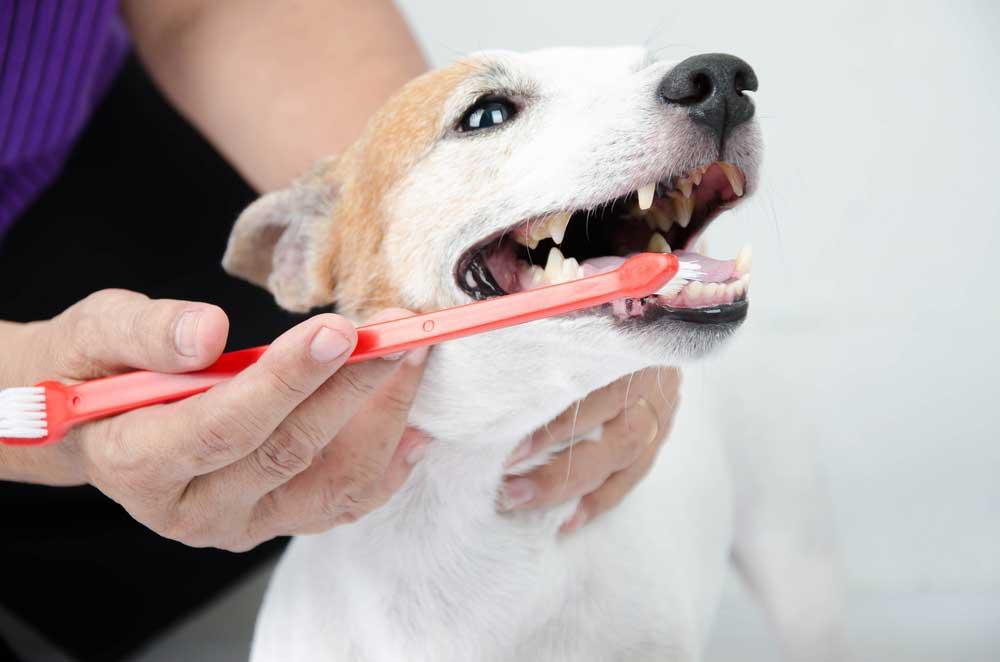Image Source: Google
Proper dental care is essential for your pet's overall health and well-being. Just like humans, pets can suffer from dental issues such as plaque, tartar, and gum disease if their teeth are not properly cared for. Here are some tips to help you maintain your four-legged companion's dental health: If you want to know more about pet dental care, you can explore this link.
- Regular Brushing: Just like you brush your teeth daily, it is important to brush your pet's teeth regularly to prevent the buildup of plaque and tartar. Use a pet-specific toothbrush and toothpaste to brush your pet's teeth at least a few times a week. Start slow and gradually increase the frequency to make it a part of your pet's routine.
- Dental Chews and Toys: Providing your pet with dental chews and toys can help in keeping their teeth clean and healthy. Chewing on these items can help remove plaque and tartar buildup. Look for products that are specifically designed to promote dental health in pets.
- Regular Vet Check-ups: Make sure to schedule regular dental check-ups with your veterinarian. They will be able to examine your pet's teeth and gums and detect any potential issues early on. Your vet may recommend professional teeth cleaning if necessary to remove tough tartar buildup.
- Proper Diet: A balanced and nutritious diet plays a big role in your pet's dental health. Avoid feeding your pet too many sugary treats and opt for dental-specific treats that can help clean their teeth while they enjoy a snack. Your vet can recommend the best diet for your pet's dental health.
- Water Additives: There are dental water additives available that you can add to your pet's drinking water to help reduce plaque and tartar buildup. These additives are easy to use and can be a good addition to your pet's dental care routine.
- Avoid Human Toothpaste: Never use human toothpaste to brush your pet's teeth as it can be toxic to them. Always use toothpaste specifically formulated for pets, which is safe for them to swallow.
- Monitor Your Pet's Behavior: Keep an eye on your pet's behavior and look out for signs of dental issues such as bad breath, swollen gums, drooling, or difficulty eating. If you notice any of these symptoms, make sure to consult your veterinarian for further evaluation.
- Start Early: It's best to start caring for your pet's dental health at an early age. Get your pet used to having their teeth brushed and examined regularly from a young age so they are more cooperative as they grow older.
- Professional Cleaning: In addition to regular at-home care, your pet may need professional dental cleaning from time to time. Your veterinarian can perform a thorough dental cleaning under anesthesia to remove any stubborn plaque and tartar buildup.
Conclusion
By following these tips for better pet dental health, you can ensure that your four-legged companion maintains healthy teeth and gums throughout their life. Remember that dental care is an important aspect of your pet's overall well-being, and taking care of their dental health can prevent serious issues down the road. Consult with your veterinarian for personalized advice on how to best care for your pet's teeth and gums.
